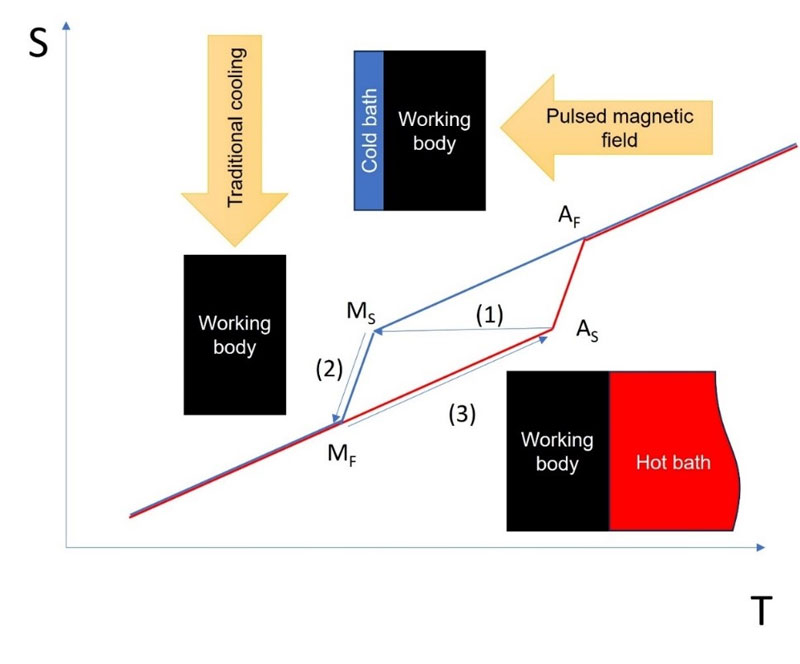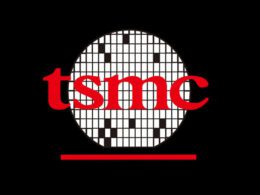Scientists Discover New Alloy for Revolutionary Cooling
For around 170 years, compressor cooling using refrigerants has faithfully served mankind, despite having its share of pros and cons. It is evident that the world is in dire need of new cooling technologies, particularly in light of climate change and regarding the advancement of industry and technology. Modern refrigeration systems are poised to becoming hybrids, combining conventional methods and a handful of new approaches.
In addition to thermoelectric converters, magnetic material cooling emerges as another groundbreaking direction in the cooling sphere. While the discovery of several new types of magnetic materials suitable for such cooling is fascinating, their availability is, understandably, limited. Hence, the recent discovery by scientists from the H.I. Amirkhanov Institute of Physics of Dagestan Federal Research Centre of RAS (Makhachkala) needs to be lauded.
The institute’s researchers have created an alloy comprising nickel, manganese, tin, and a small amount of copper, which has demonstrated the capacity to alter its temperature under the influence of a magnetic field. The developed alloy revealed a significant temperature drop of 13°C upon the one-time activation/deactivation of a magnetic field, as discussed in their article in the Applied Physics Letters journal.
The researchers conducted their experiment between -25°C and +50°C temperatures, where the alloy showed significant changes in its magnetic properties. The alloy’s magnetization dramatically changed in the temperature range of -20°C to 10°C, indicating considerable temperature alteration under the impact of a magnetic field.
The highest temperature decrease attributed solely to magnetic field influence was 13.15 °C. This effect was observed when a sample cooled to a temperature of 1.85 °C was introduced to an impulse magnetic field. As the sample was insulated from the environment, preventing any heat exchange, the alloy retained a low temperature (approximately -11°C) even after the deactivation of the magnetic field.
The project lead, Adler Gamzatov, a Senior Researcher at H.I. Amirkhanov Institute of Physics of Dagestan Federal Research Centre of RAS, explains that the proposed method facilitates cooling of objects by 13°C within just 0.1 seconds. For comparison, cooling a refrigerator operating on gas refrigerants by 1.8°C typically requires a minute. Thus, magnetic cooling exhibits more efficient results, which will be beneficial for developing hybrid cooling systems like household refrigerators.

However, there is more potential in magnetic cooling. It can cool materials to temperatures near absolute zero, albeit at the cost of efficiency and energy consumption. The upside delivers a clean solution, as this process eliminates the need for freons and similar gases that adversely affect the planet’s ecology and, inevitably, human health.





